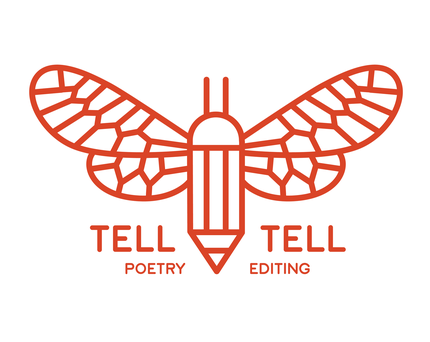#4: To Tell Tell You the Truth
A series of eight blogs about my process of publishing every grain of sand.
Blue Swells (oil on aluminum) by Lisa Lebofsky
I have to be honest with you: I live with a somewhat embarrassing case of cetaphobia, a severe fear of whales. I’ve made jokes for years to deflect this ridiculousness. I mean, whales are pretty universally adored, hailed as “gentle giants.” Sure, I can see the beauty in them. I understand the theoretical appeal of a peaceful sea creature—I just can’t deny my knee-jerk reactions. I start sweating when I see images of them. I became so nauseous watching Finding Nemo that I had to put my head between my legs. I even squirm when scrolling across the Atlantic on Google Maps.
I get a similar wooziness thinking of the vastness, the depth, and the emptiness of the sea, of being lost without land in sight. A dream interpreter might tell you that deep water represents emotions or worry and that the archetype of a whale could signify issues in your life so dominant that everything else is insignificant. A whale might also reflect things too big for you to deal with, or that you feel too little or powerless to handle something on your own.
If I really tap into the fear, I see that it relates to feeling insignificant, being tossed around and swallowed whole, drowning in the abyss, not having control, and underneath it all, the fear of being alone. For me, writing sometimes triggers this same soft spot. My thoughts can sometimes drift and before I know it, I feel unsure of myself and unclear where I am going. With the beginning of a story that isn’t quite working, I feel overwhelmed and scared. When I consider the purpose behind a piece I am writing, fears can leave me feeling small, insignificant, and alone.
Theatre, on the other hand, is completely collaborative. You never work alone, always having at least one collaborator. Everyone needs scripts and designs and schedules, just like a ship captain needs a map and sonar. Theatremakers build shows and tell stories together—and at its best, the community we foster is one of the most rewarding parts. For example, I found that writing a musical with my best friend Sarita was like this. I looked forward to developing the outline of the script with her, I enjoyed collaborating with her and our composer David, and I even found myself eager to write scenes by myself, so that I could share the work with them. The structure of collaboration kept me engaged and feeling safe—I was never lost at sea.
At the beginning of the pandemic, after deciding to finally open that email from Angela, I felt the surge of enthusiasm that comes from creative collaboration. Her notes and encouragement for my writing had been treading water in my email for five years, waiting to be found. As I read her edits and suggestions, I discovered my dusty poems and stories with new eyes. I thrive as a collaborator - I like the give and take, the reciprocity, the accountability. I pulled two all-nighters that week, energetically digging into the work, and soon found myself researching how the heck to find some excellent collaborators who could help guide me to get my writings published.
Enter Tell Tell Poetry. It didn’t take much googling to find this magical poetry editing service. Kallie Falandays, who runs the company, was clearly a passionate collaborator who could help me with every step of the publishing process. She has lots of experience and a sharp intellect, as well as an excellent, laid-back, understanding bedside manner. So, I hired her!
Cue the metaphors. She threw me a lifesaver. She tugged my little boat ashore. She was the wind in my sails. Bottom line: Kallie blew my expectations out of the water! She made quick work of setting up a plan for us to arrange the collection and begin editing. She sent me comments, questions, suggestions, notes, and line-by-line critiques, and back and forth we went, crafting the book together until it found its brightest way. I’m so grateful to Kallie and the Tell Tell team for collaborating to make this process one I was able to thrive in, and one that has resulted in a book that I am very proud of—which just so happens to have a poem entitled “Whale Song,” another called “How He Died in the Very Deep Ocean,” and a disturbing little short story about a fishing boat and two blue whales.
Studies show that the best way to get over phobias is to work through them. Suggested strategies include: use humor to deflate them (check!), remind yourself that your anxiety is a storehouse of wisdom, sit mindfully with your phobia for a couple minutes at a time, and lastly, instead of allowing your mind to lead you down the dark corridors of fear, purposely use your imagination in a positive way. I’m working through it.

